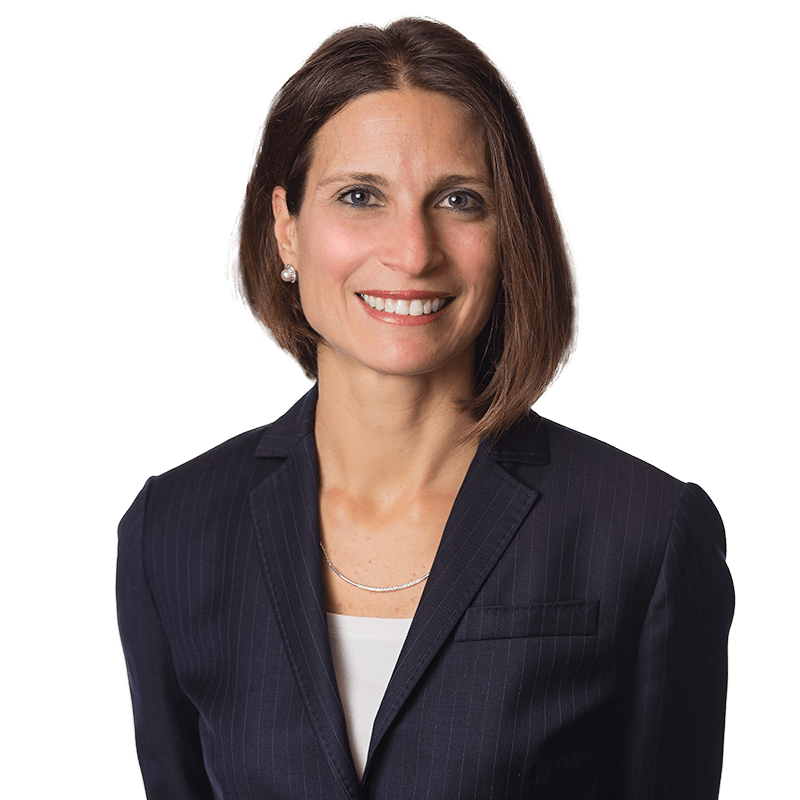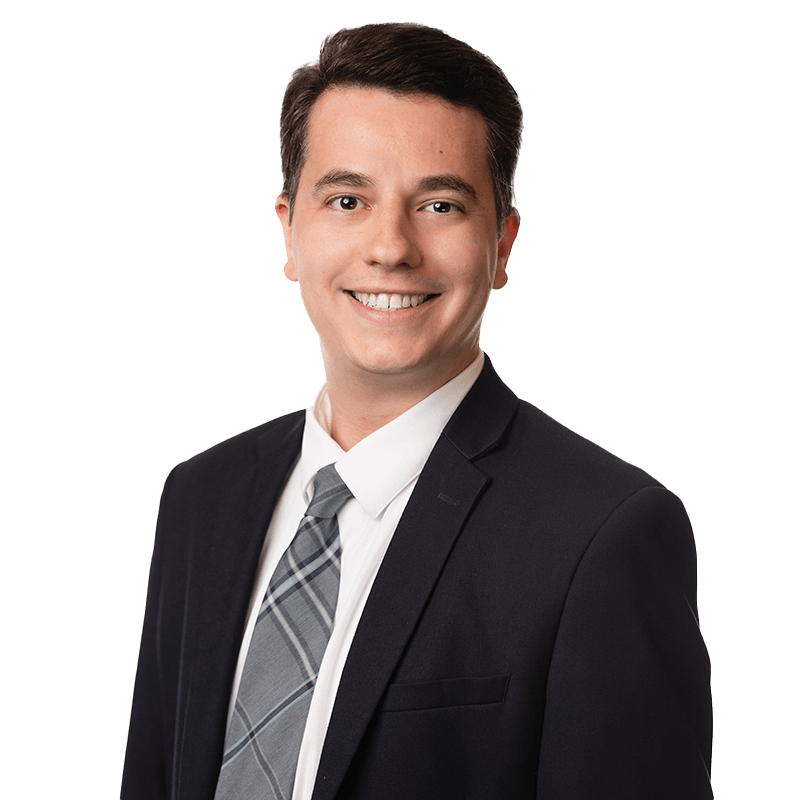March 8, 2019
On February 18, 2019, the New York City Human Rights Commission (the “Commission”) issued new Guidance prohibiting discrimination based on “natural hair” or hairstyles, which appears to be the first of its kind in the United States. The Guidance applies to employers, housing providers, schools, and places of public accommodation in New York City. The full text of the Guidance can be found here.
The Commission notes that, in the Black community specifically, natural hair has a significant cultural meaning and that Black hairstyles are an “inherent part of Black identity.” As such, the Commission considers Black hairstyles a protected race characteristic under the New York City Human Rights Law (“NYCHRL”). The Guidance is intended to protect the right of Black people to maintain their natural hair and treated hair styles, such as twists, braids, cornrows, Afros, Bantu knots, fades, and/or locs. Although drafted with an emphasis on Black hair, the Guidance makes clear that its protection extends to other protected groups who also face barriers in maintaining natural hair or cultural hairstyles.
What’s Prohibited?
Policies that “ban, limit, or otherwise restrict natural hair or hairstyles” violate the NYCHRL. Thus, covered entities under the NYCHRL that enact grooming or appearance policies that ban or alter natural hair or cultural hairstyles may be subject to liability. The Commission provides some examples in the Guidance on prohibited activity:
- A grooming policy prohibiting twists, locs, braids, cornrows, Afros, Bantu knots, or fades which are commonly associated with Black people.
- A grooming policy requiring employees to alter the state of their hair to conform to the company’s appearance standards, including having to straighten or relax hair (i.e., use chemicals or heat).
- A grooming policy banning hair that extends a certain number of inches from the scalp, thereby limiting Afros.
In addition, the Guidance also prohibits other forms of harassment and discrimination based on natural hair and hairstyles, such as:
- Forcing Black people to obtain supervisory approval prior to changing hairstyles, but not imposing the same requirement on other people.
- Requiring only Black employees to alter or cut their hair or risk losing their jobs.
- Telling a Black employee with locs that they cannot be in a customer-facing role unless they change their hairstyle.
- Refusing to hire a Black applicant with cornrows because her hairstyle does not fit the “image” the employer is trying to project for sales representatives.
- Mandating that Black employees hide their hair or hairstyle with a hat or visor.
Health and Safety Exception
The Commission provides an exception for employers with a “legitimate health or safety concern.” An employer, however, must consider alternative ways to address the health or safety concern before banning or restricting an employee’s hairstyle. These alternative means can include the use of hair ties, hair nets, head coverings, and other safety equipment that can accommodate various hair textures and hairstyles.
* * *
In light of the Commission’s new Guidance, employers in New York City should review their grooming and appearance policies to ensure that they do not violate the NYCHRL.
If you have any questions concerning the Commission’s new Guidance, or any other federal or state employment laws, please feel free to contact DanaLynn T. Colao or Vincent C. Cirilli of Saiber LLC’s Employment and Labor Law practice.


